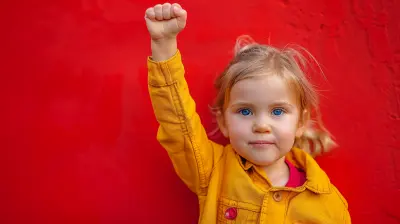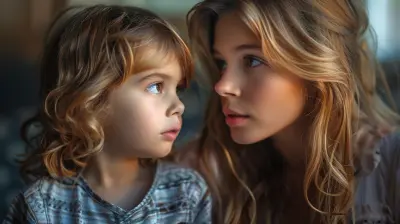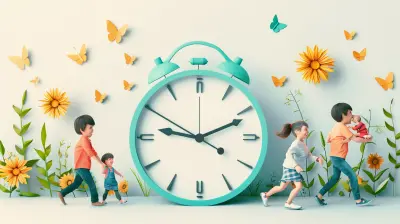The Role of Emotional Intelligence in Childhood Friendships
29 May 2025
Childhood friendships are some of the most precious bonds kids form. These early relationships shape social skills, emotional well-being, and even future interactions. But have you ever wondered what makes some kids naturally good at making and keeping friends while others struggle?
One major factor is emotional intelligence (EI)—the ability to recognize, understand, and manage emotions in oneself and others. Emotional intelligence plays a massive role in how children form, maintain, and navigate friendships. Let’s dive deeper into how EI impacts childhood friendships and why fostering it is one of the best things we can do as parents.
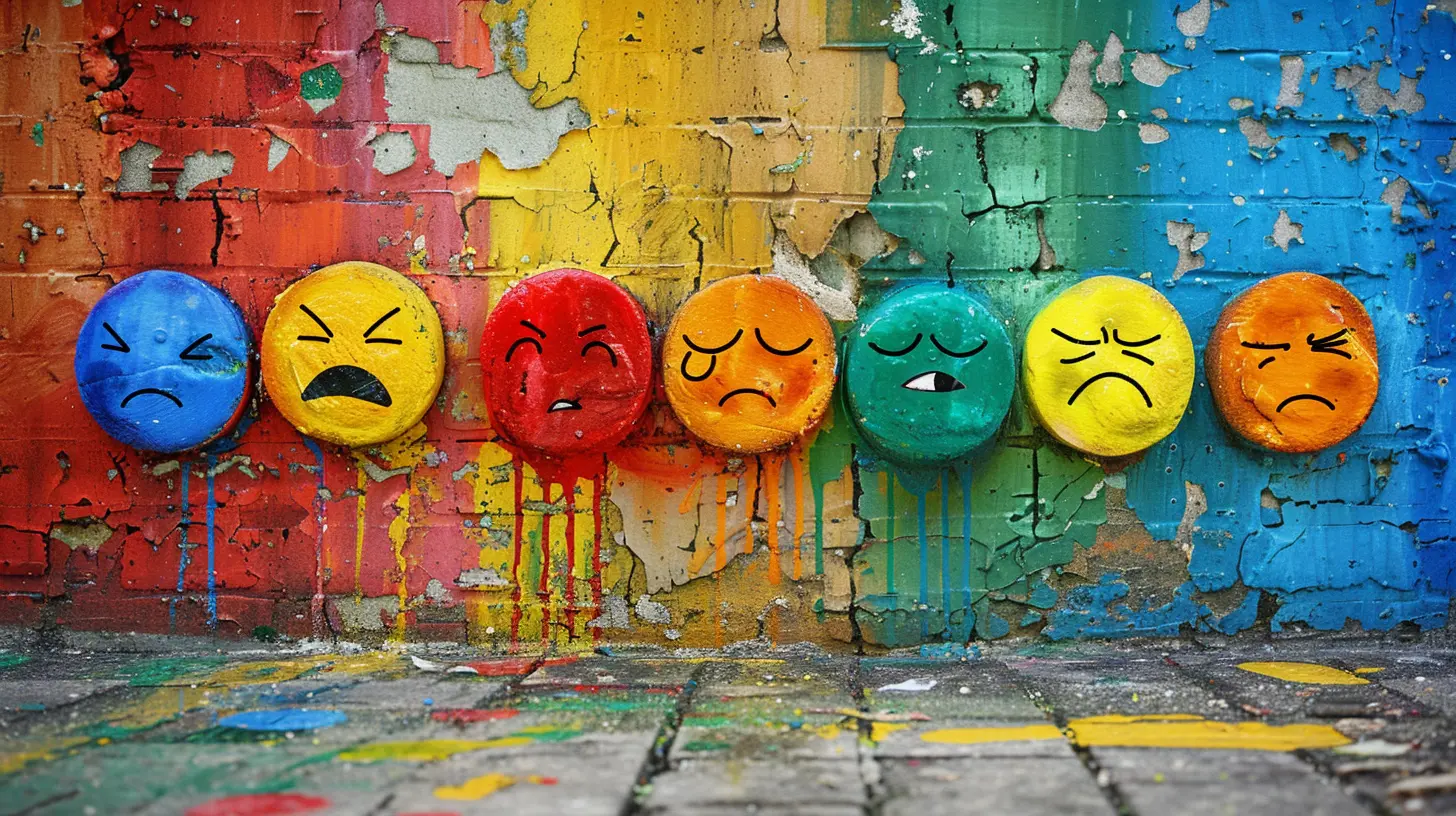
What Is Emotional Intelligence?
Before we get into friendships, let’s break down emotional intelligence. It consists of a few key components:- Self-awareness – Recognizing and understanding your own emotions.
- Self-regulation – Managing emotions in a healthy and appropriate way.
- Empathy – Understanding and sharing the feelings of others.
- Social skills – Forming and maintaining positive relationships.
- Motivation – Using emotions to drive personal growth and improvement.
When a child has strong emotional intelligence, they tend to be better at handling social situations, understanding their friends’ feelings, and resolving conflicts peacefully.
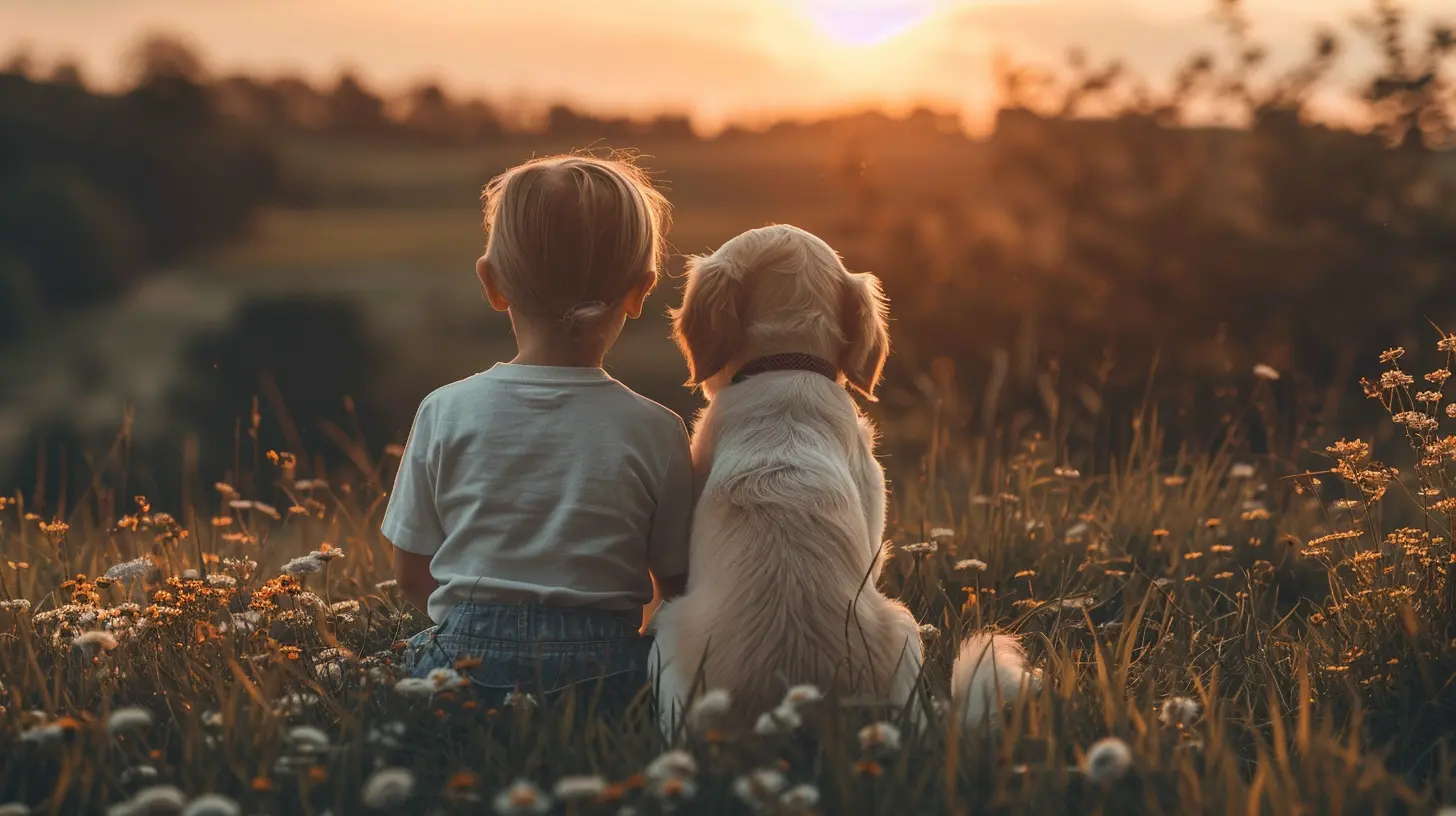
The Link Between Emotional Intelligence and Friendships
Friendships aren’t just about finding someone to share toys with—they’re about connection, trust, and emotional support. Kids with high emotional intelligence are more likely to:- Make friends more easily – They pick up on social cues, making it easier to connect with others.
- Keep friendships longer – They understand how to manage emotions and resolve conflicts.
- Show empathy – They recognize when a friend is upset and know how to respond.
- Communicate effectively – They express their feelings in a way that strengthens relationships.
On the flip side, children with low emotional intelligence may struggle with understanding boundaries, expressing themselves, or handling disagreements—which can lead to frequent friendship struggles.
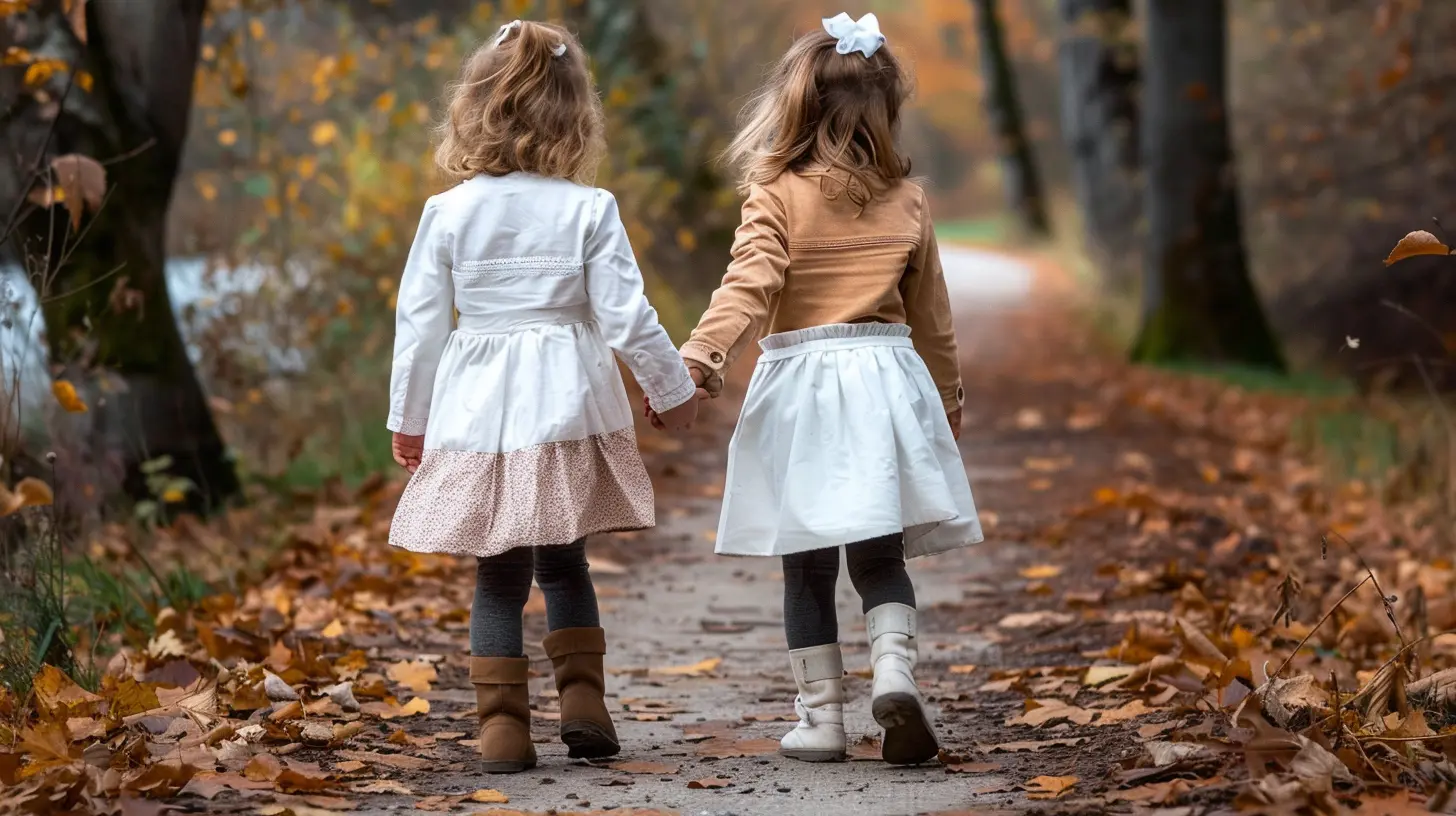
How Emotional Intelligence Helps Kids Navigate Friendship Challenges
Even the closest childhood friendships come with their fair share of challenges. Emotional intelligence helps kids handle:1. Sharing and Taking Turns
Young children often find it hard to share. But emotionally intelligent kids are better at recognizing when their friends feel left out or frustrated. They understand that taking turns builds stronger relationships and prevents arguments.2. Managing Conflicts
Disagreements are inevitable, even between best friends. Kids with emotional intelligence can stay calm, talk through their issues, and find a fair solution instead of resorting to tantrums or aggression.3. Handling Rejection and Exclusion
Not every child will get invited to every birthday party, and that can be tough. Emotionally intelligent kids are better equipped to process feelings of rejection without lashing out or shutting down socially.4. Recognizing and Stopping Bullying
Children with strong emotional intelligence often recognize bullying behaviors—both in themselves and others. They’re more likely to intervene when they see a friend being mistreated and stand up for themselves in a respectful way.5. Expressing Feelings Appropriately
Instead of acting out or bottling up emotions, emotionally intelligent children learn to use their words to express their feelings. This helps avoid misunderstandings and fosters healthy, open communication in friendships.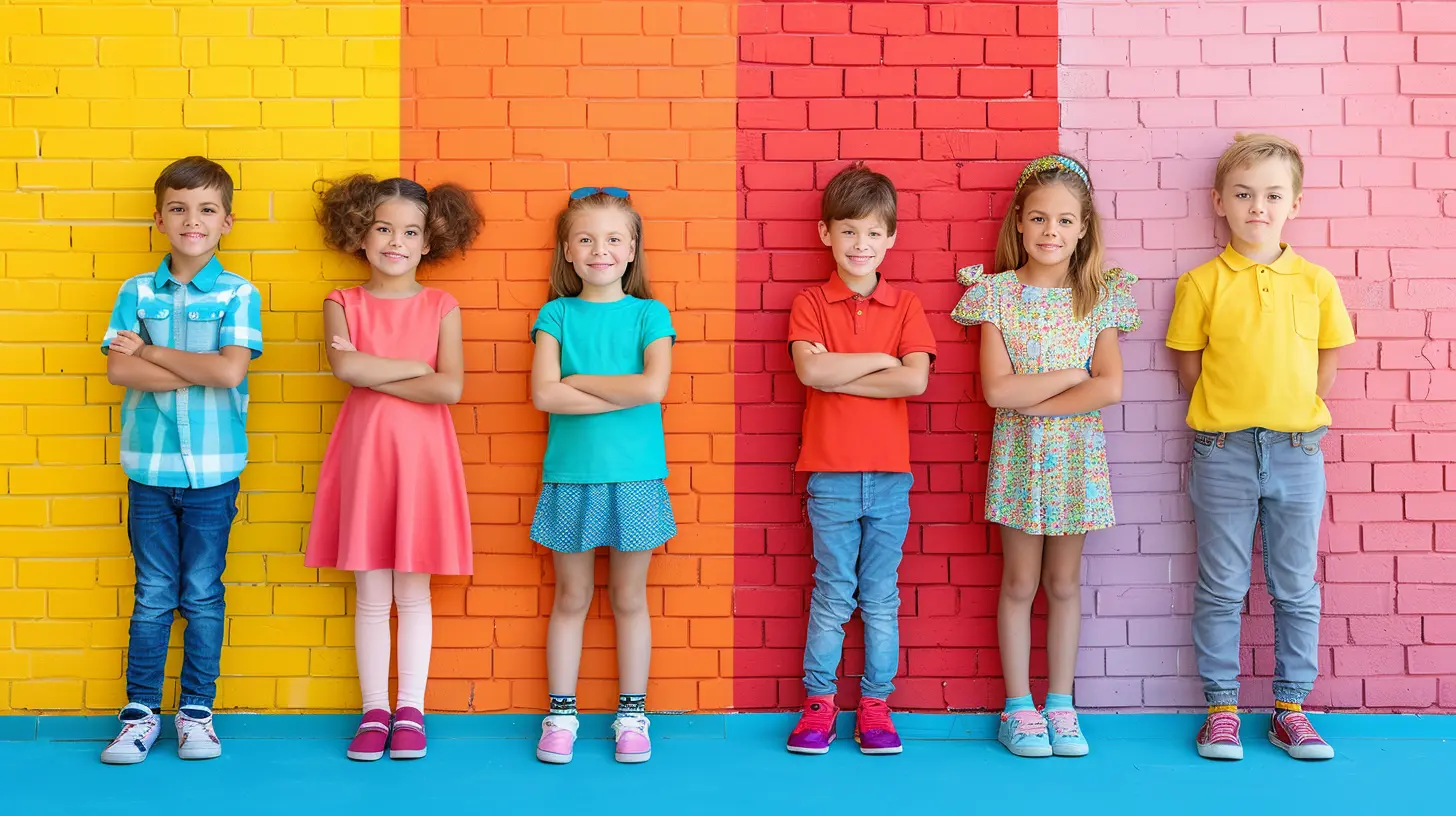
How Parents Can Nurture Emotional Intelligence in Their Kids
So, how can we, as parents, help our children develop strong emotional intelligence to build better friendships? Here are some practical tips:1. Model Emotional Intelligence
Kids learn from watching us. If they see you handling stress calmly, resolving conflicts respectfully, and expressing emotions in a healthy way, they’ll mirror those behaviors in their own friendships.2. Encourage Open Conversations About Feelings
Instead of brushing off emotions with “You’re fine,” encourage your child to talk about their feelings. Ask open-ended questions like:- “How did that make you feel?”
- “What do you think your friend felt in that situation?”
This helps them build self-awareness and empathy.
3. Teach Problem-Solving Skills
When conflicts arise, resist the urge to fix everything for your child. Instead, guide them through the problem-solving process:1. Identify the problem.
2. Discuss different solutions.
3. Encourage them to think about how each solution might make their friend feel.
4. Let them decide on an approach.
This builds confidence in handling friendship challenges on their own.
4. Encourage Empathy Through Books and Stories
Reading books that highlight emotions and friendships can be a great way to discuss feelings. Stories allow kids to see situations from different perspectives and develop empathy.Some great books that teach emotional intelligence include:
- The Invisible Boy by Trudy Ludwig
- My Many Colored Days by Dr. Seuss
- Have You Filled a Bucket Today? by Carol McCloud
5. Role-Play Social Situations
Practice makes perfect! Role-playing different friendship scenarios (like asking to join a game, dealing with disagreements, or comforting a sad friend) helps kids feel prepared for real-life social interactions.6. Encourage Self-Reflection
After a conflict or tough social moment, talk it through with your child. Ask:- “What went well?”
- “What could you do differently next time?”
Helping kids reflect on their emotions and actions strengthens their emotional intelligence for future interactions.
The Long-Term Benefits of Emotional Intelligence in Friendships
Building emotional intelligence isn’t just about making childhood friendships easier—it’s a life skill that benefits kids in the long run. As they grow, emotionally intelligent kids tend to:- Build Stronger Relationships – They create deep, meaningful connections with others.
- Excel in Teamwork – They collaborate effectively, making them great teammates and leaders.
- Handle Stress and Anxiety Better – They have healthy coping mechanisms for life’s ups and downs.
- Become More Compassionate Adults – They develop kindness and consideration for others.
When children learn how to understand emotions, communicate effectively, and build empathy, they carry those skills into adulthood—leading to happier relationships, better careers, and overall emotional well-being.
Final Thoughts
Helping kids develop emotional intelligence isn’t just about making sure they play nicely with others. It’s about equipping them with the tools to form meaningful, lasting friendships—skills that will benefit them for a lifetime.By teaching our children to understand their emotions, manage social interactions, and treat others with empathy, we’re setting them up for happier, healthier relationships. So, next time your child faces a friendship challenge, embrace it as a learning opportunity—because every small step toward emotional intelligence makes a big difference in their social and emotional growth.
all images in this post were generated using AI tools
Category:
Emotional IntelligenceAuthor:

Zelda Gill
Discussion
rate this article
2 comments
Sandra Wade
What a fantastic read! Fostering emotional intelligence in our children can truly enhance their friendships and resilience. By nurturing empathy and communication, we're helping them build strong, meaningful connections that last a lifetime.
May 31, 2025 at 4:19 AM

Zelda Gill
Thank you! I'm glad you found it insightful. Nurturing emotional intelligence is indeed key to fostering lasting friendships in children.
Niva Hubbard
This article offers a valuable perspective on how emotional intelligence shapes childhood friendships. By emphasizing empathy, communication, and conflict resolution, it highlights essential skills for kids to develop strong, healthy relationships. Encouraging emotional growth in children can significantly enhance their social experiences and overall well-being. A must-read for parents!
May 30, 2025 at 3:39 AM

Zelda Gill
Thank you for your insightful comment! I'm glad you found the article valuable in highlighting the importance of emotional intelligence in nurturing healthy childhood friendships.
